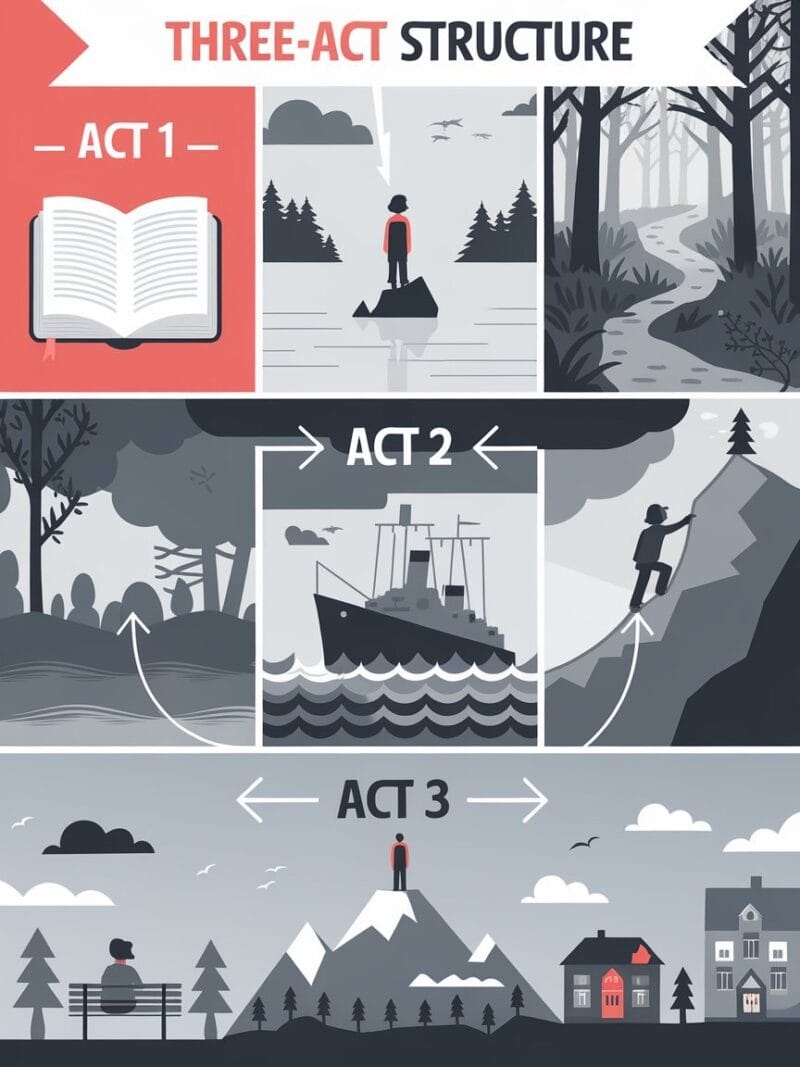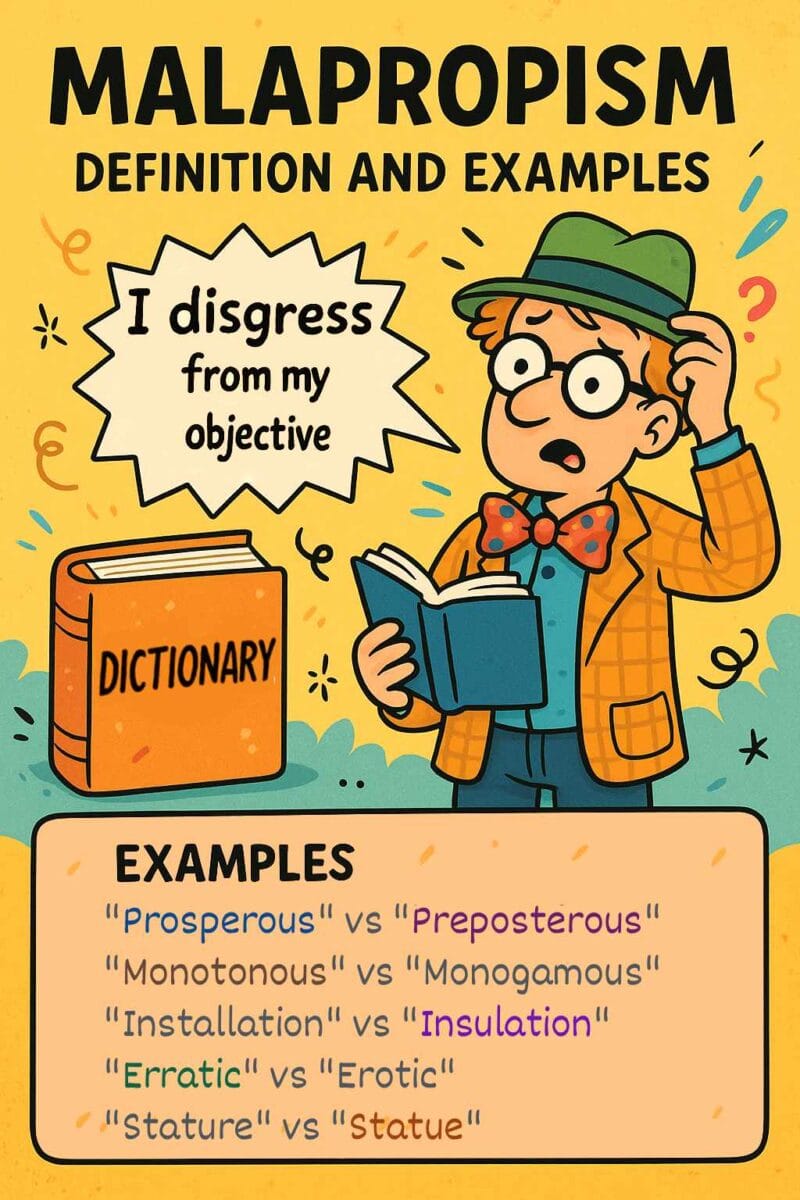Byronic, Kafkaesque, and Shakespearean are eponymous adjectives, or words derived from proper names, typically of influential individuals, that describe qualities or styles associated with them. In literature, they function as a quick reference to evoke complex ideas, moods, or aesthetics tied to the referenced figure’s work or persona.
Here’s a breakdown of each:
Byronic
What does Byronic mean? The adjective comes from Lord Byron (1788–1824), the Romantic poet known for his rebellious spirit, self-destructive charm, and poetic melancholy. He cultivated his own myth through his writing and personal life, both of which featured men who burned brightly and destructively.
A Byronic hero is not a traditional protagonist. He is:
- Proud, intelligent, and emotionally turbulent
- Alienated from society and skeptical of its values
- Haunted by past guilt or disillusionment
- Captivating in a way that elicits both admiration and danger
Heathcliff in Wuthering Heights (1847), Rochester in Jane Eyre (1847), or even more modern figures like Mr. Darcy (in his darker interpretations) often bear this imprint. These characters are magnetic but challenging to trust, deeply inward yet impossible to ignore. They are not simply romantic heroes but are romanticized figures who reject easy redemption.
Kafkaesque
The word Kafkaesque originates from the fiction of Franz Kafka (1883–1924), whose surreal and often nightmarish stories explore the absurdities of systems, logic, and control. The Kafkaesque world is more than strange; it is disturbing in how it bends reason into a closed loop.
What makes something Kafkaesque?
- Bureaucracies that function without clarity or mercy
- Situations where logic turns oppressive
- A sense of unease, surveillance, or invisible authority
- The blending of the mundane with the surreal
In The Trial (1925), Josef K. is arrested for a crime that is never explained. In The Metamorphosis (1915), a man wakes up as an insect, but the horror lies less in the transformation than in his family’s indifferent reaction. To describe an experience as Kafkaesque is to suggest not just confusion but helplessness within an impersonal or irrational structure.
This eponym has gained traction far beyond literary circles and is now used in political commentary, legal criticism, and everyday complaints about red tape. Example: A person stuck in a government process with endless paperwork and no clear outcome might call the experience Kafkaesque. That endurance speaks to its precision: Kafkaesque names a very particular form of disorientation that logic alone cannot resolve.
Shakespearean
The adjective Shakespearean refers, unsurprisingly, to the work of William Shakespeare (1564–1616), but it covers far more than blank verse or Elizabethan settings. In literature and beyond, Shakespearean signals grandeur, be it in theme, in emotion, in character conflict, or something else. A drama featuring power struggles and tragic downfall might be labeled Shakespearean in tone or structure.
A Shakespearean quality in a story might include:
- Deeply flawed characters caught in moral or political dilemmas
- Elevated language, often rich in metaphor or rhetorical balance
- Tragic arcs driven by ambition, betrayal, love, or fate
- An interplay between the intimate and the historical
Calling something Shakespearean doesn’t require a crown or a ghost. It may refer to the scale of conflict (Macbeth, 1623), the downfall of a public figure (King Lear, 1606), or the slow corrosion of trust (Othello, 1604). When used outside of literature, it often describes public events with tragic inevitability, such as a politician’s fall from grace or a betrayal played out under intense scrutiny.
Unlike Kafkaesque or Byronic, this eponym applies as much to structure and dialogue as to mood or character. It signals a kind of total design.
Other Literary Eponyms Worth Knowing
While these three remain the most widely used, others continue to evolve in use and meaning:
- Dickensian – referring to grim social conditions or eccentric characters with sentimental subplots
- Orwellian – describing authoritarian surveillance, thought control, or doublespeak
- Homeric – denoting epic scale, formal dignity, or mythic structure
- Proustian – linked to involuntary memory and sensory triggers
- Sadean – pertaining to cruelty, domination, or the philosophical exploration of pain
Each represents a different kind of literary legacy not just in content but in effect. When a writer’s name becomes an adjective, it ceases to belong solely to biography or bibliography but becomes a self-contained concept. We reach for these adjectives because we need them, and because language expands through the dynamic influence of literature.
Further Reading
Eponym on Wikipedia
Stylistic devices named after people on Reddit




